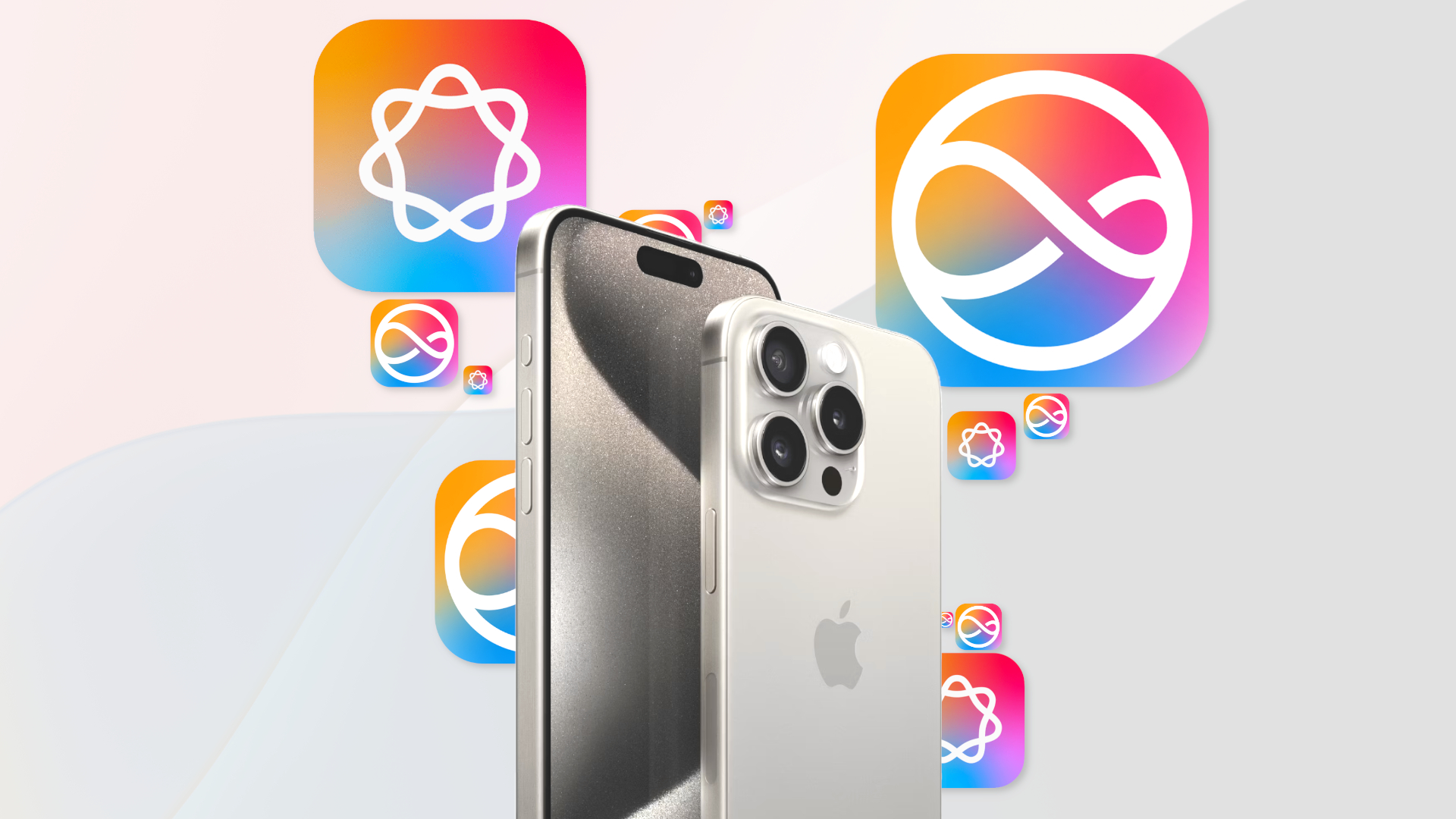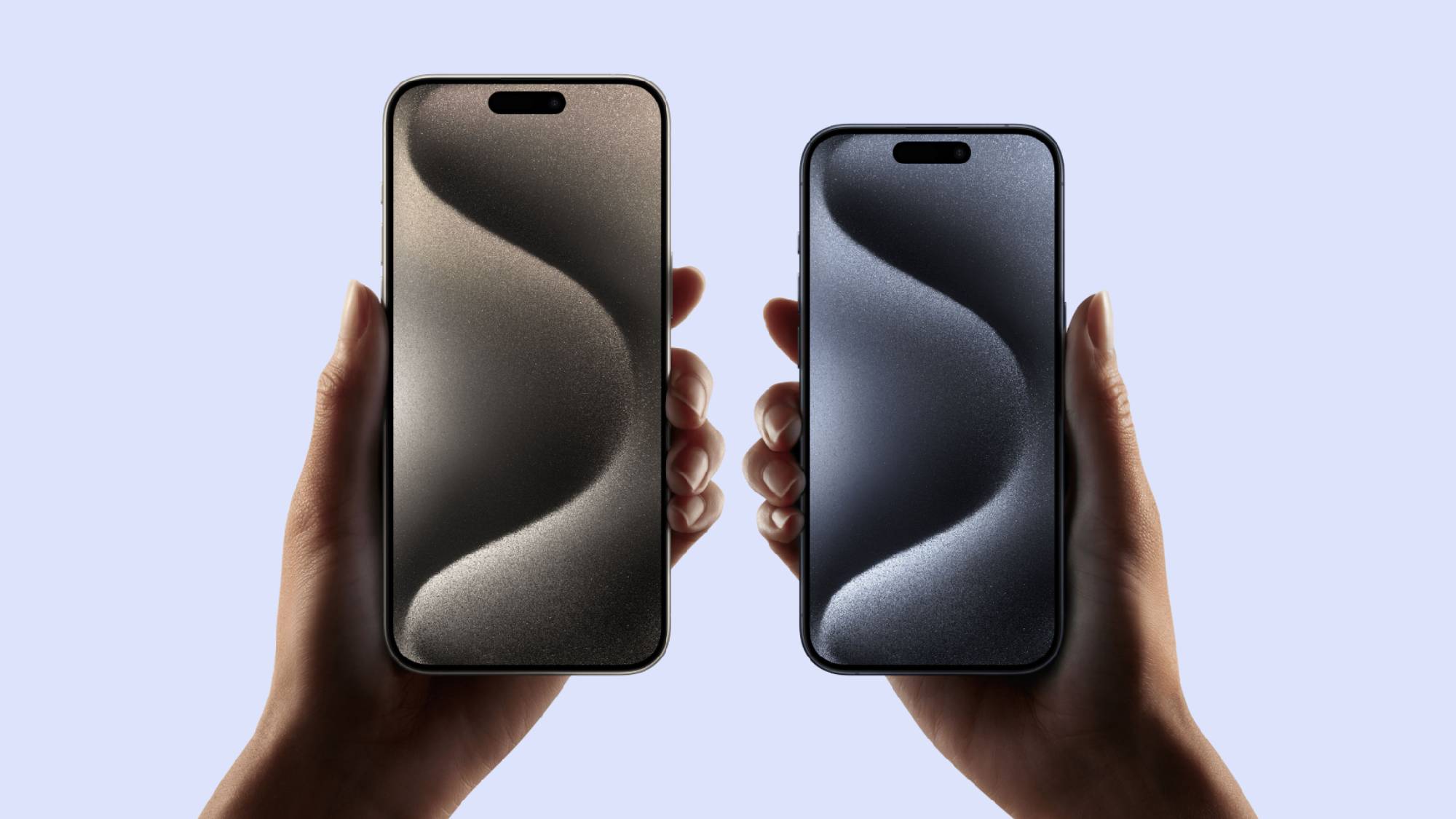
WWDC has seen Apple reveal dozens of impressive new features heading to iPhone, iPad, MacBooks, and more through operating system (OS) updates to iOS, iPadOS, and macOS Sequoia, to name a few.
This year's most impressive reveal will no doubt have been the powerful new AI features that fall under the umbrella of Apple Intelligence — an on-device AI toolset that empowers iPhone, iPad, and Mac users to create, communicate, and express themselves is new ways throughout the Apple ecosystem.
However, in the case of the iPhone and iOS 18 specifically, those interested in making use of Apple's latest suite of AI tools could be severely limited when it comes to their chosen handset.
Apple may have chosen the tagline of "AI for the rest of us" for its new Apple Intelligence features, but many iPhone users could be left asking: "What about the rest of us?"
The "AI for the rest" is only for the best
The opening keynote of Apple's WWDC had a lot of information to share when it came to the iPhone and AI — with a host of quality of life improvements met with all-new features like Genmoji and Siri's multimodal upgrade. All things combined, iOS 18 for iPhone looks like one of the best updates to date for the platform.
However, just because your iPhone is compatible with iOS 18 doesn't automatically mean you're device can support the new Apple Intelligence features. In fact, according to an Apple Intelligence preview, only iPhone 15 Pro and iPhone 15 Pro Max owners will be able to make use of the new features when iOS 18 is released later this year.
Apple Intelligence hits a hardware roadblock for iPhone
The full list of iPhones compatible with the iOS 18 update stretches back five generations, with 2018's iPhone XS being the oldest device to make the cut.
Interestingly, this model was the first to feature the A12 Bionic processor, which housed a Neural Engine (or NPU) that measured its performance in TOPS (Trillions of Operations Per Second) — a metric associated with judging potential performance for on device AI or machine learning operations.
However, the A12 Bionic caps out at just 5 TOPS of performance, which pales in comparison to more modern chipsets like the iPhone 15 Pro Max's A17 Pro which offers up to 35 TOPS of performance — similar to the NPU performance of Intel's Meteor Lake Core Ultra mobile processors.

Understandably, Apple would struggle to offer the same quality of on-device performance across these two extremes. So limiting availability makes sense, and isn't out of the normal. Apple has a routine history of excluding features from older hardware to ensure their quality, after all.
When iOS 17 released in 2023, Apple excluded older models from receiving the updated auto-correct, keyboard predictions, and back-to-back Siri requests, while hardware differences like the lack of an always-on display prevented older iPhones from making use of Stand-By mode.
However, why is it that even more modern phones like the iPhone 14, which features an NPU capable of performing at up to 17 TOPS, not supported while the iPad Pro M1, which only features in NPU with 11 TOPS of performance, is?
Apple Intelligence: Compatibility with Apple devices
Looking at the list devices that support Apple Intelligence, it seems like the iPhone has gotten the short end of the stick. Especially when there are more powerful Neural Engines on certain Bionic chips than on the M1 chip powering listed iPads or MacBooks.
However, looking closer, the issue isn't with how well-performing each device's Neural Engine is, but how much RAM is available on each device, too. While the M1 chip offers less TOPS performance, it does manage to offer 8GB of RAM — which appears to be a recurring factor in whether or not devices can support Apple Intelligence.
Outlook
It might be a painful realization for some, especially as the hype surrounding Apple's AI offerings has been so intense. However, the iPhone has hit something of a hardware roadblock when it comes to being able to more broadly support Apple's current AI models.
Perhaps there's some schadenfreude to be found in all of this, with Apple's refusal to grant the iPhone a RAM upgrade that users have been requesting for some time, and the demanding hardware requirements of its new AI models now coming head-to-head.
However, all hope may not be lost just yet. Apple itself stated during its WWDC keynote that not all Apple Intelligence tasks would be ran on device, with Private Cloud Compute available to handle processes that are more demanding than the handset's hardware can handle.
If this is the case, there's always a chance that Apple could apply the same cloud computing solution to iPhone models with less than 8GB of RAM, sidestepping the hardware requirements of its on-device SLM (Small Language Model) entirely and making Apple Intelligence more accessible to all.
We've reached out to Apple for further information, and for confirmation on the likelihood of Apple Intelligence making its way to other platforms in time.







